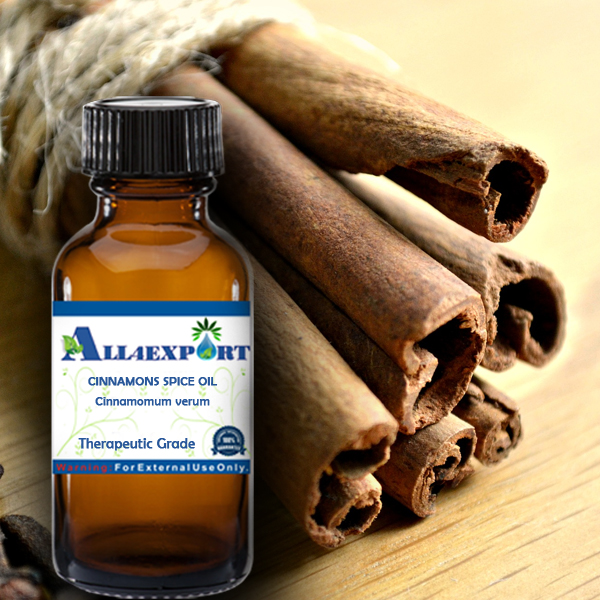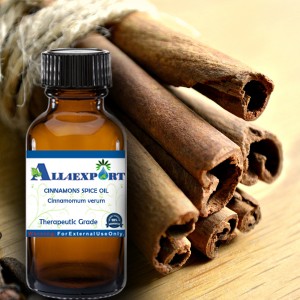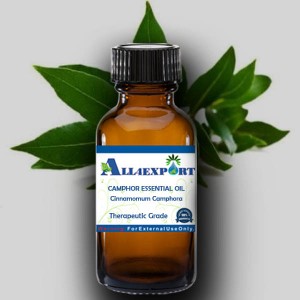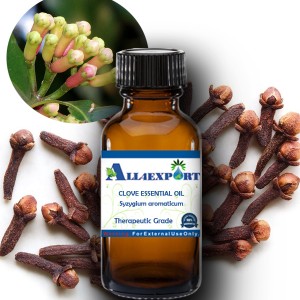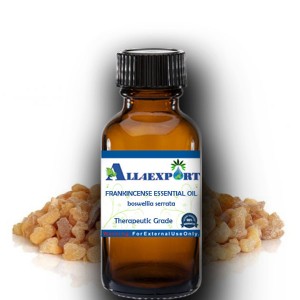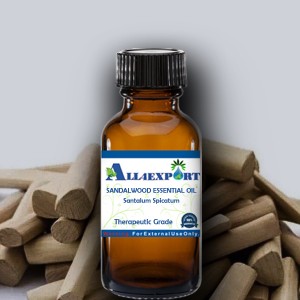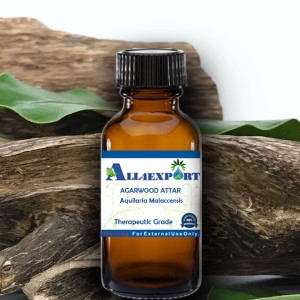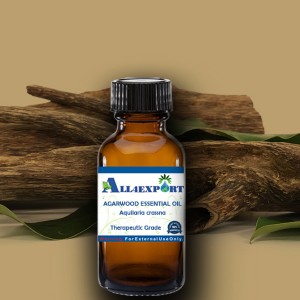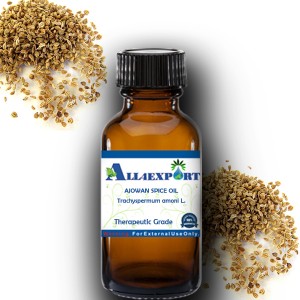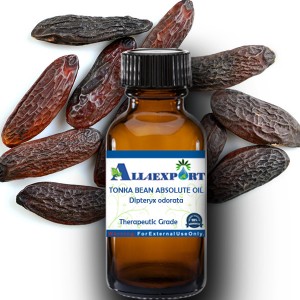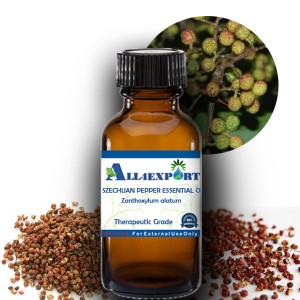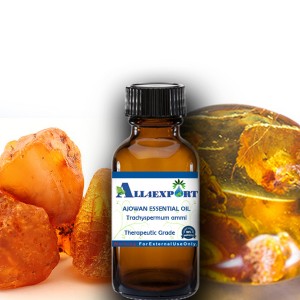| CINNAMONS SPICE OIL |
Botanical Name | : | Cinnamomum verum | Country of Origin | : | France | Solubility | : | Insoluble in water, soluble in alcohol and oils | Specific Gravity | : | 1.0407 @ 72°F | Optical Rotation | : | -2 | Refrective Index | : | 1.5307@ 72°F | Plant Part | : | Leaves | Bland With | : | Spice oils (particularly clove), & Lavender, Rosemary, Thyme. | CAS No | : | 8007-80-5 | Flash Point | : | 190 °F | Extraction Method | : | Steam Distilled |
|
Description : Cinnamon is a small evergreen tree belonging to the family Lauraceae, native to Sri Lanka. The seeds are used for extraction of oil.
|
Constituents : Eugenol, cinnamaldehyde, eugenol acetate, benzyl benzoate, linalol, Aldehyde Content (as Cinnamon aldehyde ) |
Uses : Cinnamon spice oil can be used as an additive in soaps and a flavoring to seasonings. Cinnamon Essential Oil is reputed to calm dry skin and to effectively alleviate aches, pains, and stiffness experienced in the muscles and joints and in the digestive system. Its antibacterial properties make it ideal for use in addressing acne, rashes, and infections.
|
Benefit : Cinnamon spice oil has astringent, carminative, emmenagogue and natural insecticide and antispasmodic properties. It has gastric benefits as well, mainly because of its eugenol content. It works well for helping alleviate nausea, upset stomach, and diarrhea. Cinnamon spice oil is an excellent brain tonic. It Improves Blood Circulation. |
Caution Note: We recommend Keep out of the reach of children. Avoid contact with skin and eyes.
All of the information and opinions that are provided on this web site are for informational and educational purposes only. This information is not intended to replace medical advice given by a medical practitioner. Anyone considering alternative therapies should consult with their medical professional before using an alternative method of healing. We do not give nor is any opinion on our web site medical advice.
|








